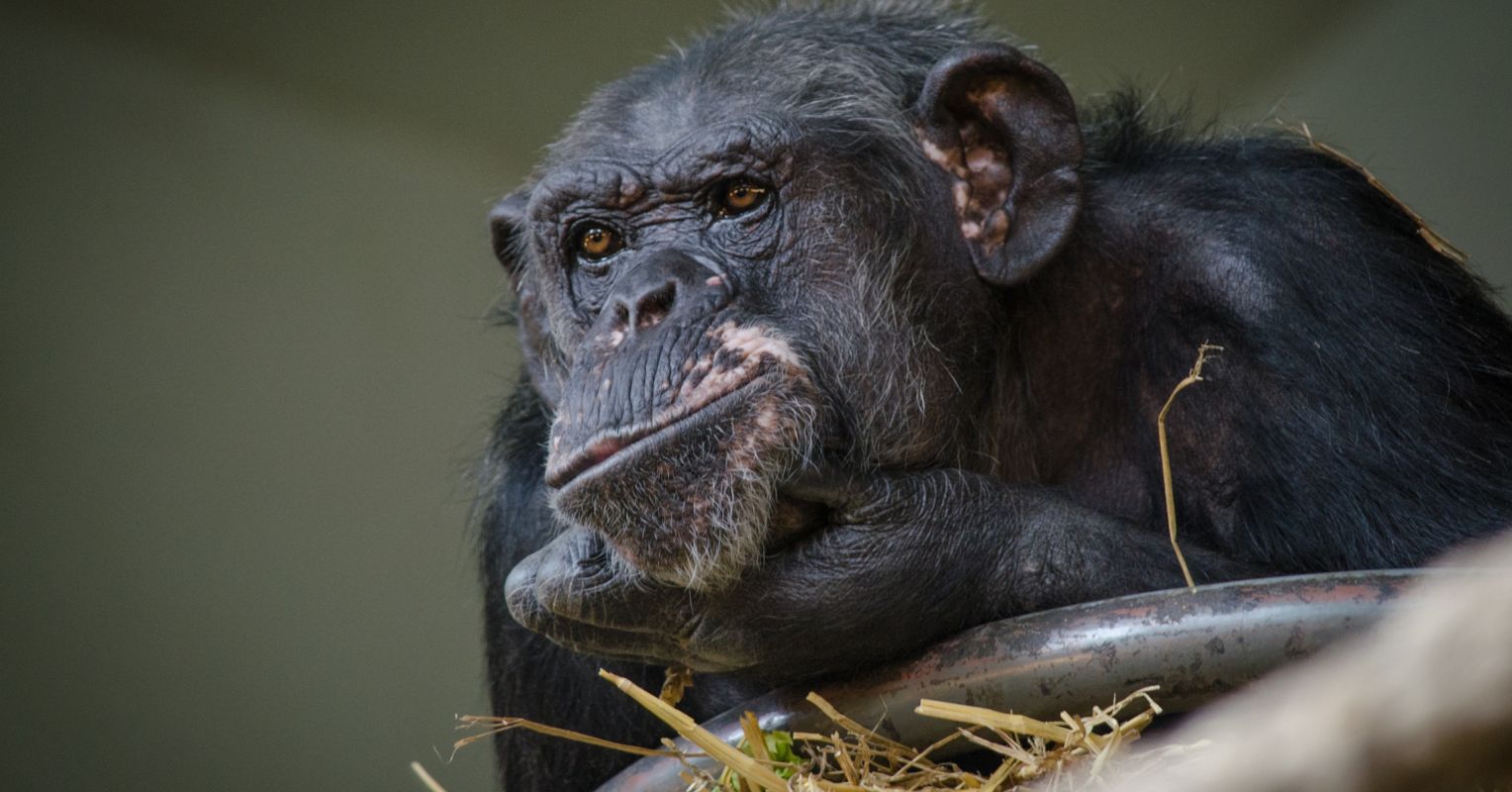
"While running experiments with captive chimpanzees for her Ph.D., researcher Elisa Bandini noticed that not all chimpanzees performed equally well on problem-solving tests, leading her to wonder about their previous experiences."
"Some chimpanzees are tested frequently by researchers, exposing them to new tasks, while others are rarely tested and perform poorly when finally assessed, affecting study outcomes."
"The Ape Research Index aims to evaluate whether past research experience influences chimpanzees' cognitive abilities and behaviors, emphasizing the need for careful interpretation of results."
"Researchers must consider previous experiences of chimpanzee subjects to accurately understand and interpret cognitive test results, especially since such experiences can greatly vary among individuals."
Captive chimpanzees exhibit considerable variation in the type and extent of research participation. The Ape Research Index is designed to determine if this prior research experience affects their cognitive abilities and behaviors, particularly their problem-solving skills in novel tests. Researcher Elisa Bandini observed discrepancies in performance among chimpanzees based on their prior exposure to research tasks. Frequent testing may enhance performance, while infrequent testing can lead to poor outcomes. This indicates that previous experiences should be factored into study interpretations to ensure accurate conclusions regarding cognition and behavior.
Read at Psychology Today
Unable to calculate read time
Collection
[
|
...
]